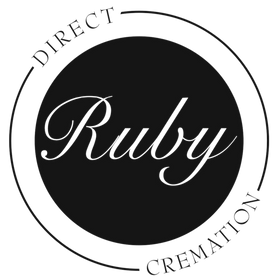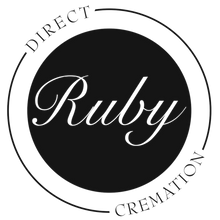What Is the Difference Between Traditional and Direct Cremation?
We understand that losing a loved one can be an incredibly difficult and emotional experience, and the thought of planning funeral arrangements may feel overwhelming. It's important to know that there are different options available to you, and we're here to help guide you through the decision-making process.
While there may be differences between a traditional funeral and a direct cremation, we want to emphasise that our direct cremation service is just as personal and respectful as a traditional funeral.
We recognise that everyone has unique needs and preferences, and we're here to support you in creating a meaningful celebration of life that honours your loved one's memory.
Our team is dedicated to ensuring that your loved one is cared for with the utmost respect and dignity, and one of us will be present during the cremation process. Please know that we are here for you every step of the way and are committed to helping you make the right decision for your family.
A traditional funeral can be comforting for family members and friends, who have the opportunity to pay their respects and say goodbye to the loved one. There are lots of options for a traditional funeral depending on your budget, for example, you can choose to have a viewing, a religious or secular ceremony, and a burial or cremation. However, we also understand that a traditional funeral may not be the right fit for everyone, and that's okay.
A direct cremation is a different option for those whose loved one would prefer less of a fuss or a non-religious approach to celebrating their life. It's important to note that this option is in no way less respectful. We offer a personalised service that honours your loved one's life, in a way that is suitable to them, and you.
After the cremation, you can choose to have your loved one's ashes returned to you, and then celebrate their life in a way that is meaningful to you and your family. Whether it's scattering their ashes in a special location, burying them in a family plot, or keeping them in an urn.
Direct cremation is becoming a more common way to celebrate life, especially among families who wish to minimise funeral costs or who prefer a more private and intimate way of saying goodbye to their loved ones.
While there is no funeral service associated with direct cremation, you may still choose to hold a memorial service or alternative celebration of life at a later date, so you can gather and honour the memory of your loved one in a way that is right for you.

